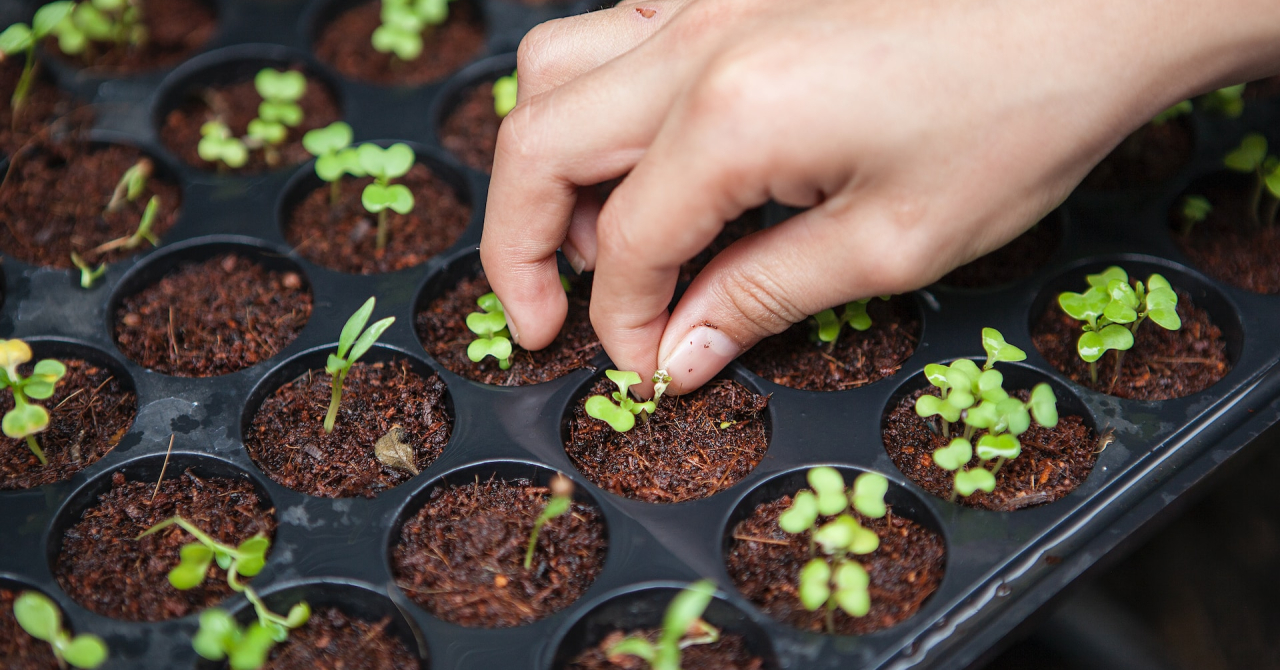Euronews.green reports that temperatures can reach and even exceed 50 degrees Celsius in some areas in Libya, which is a pretty big issue for the population, as well as for farmers, who aren't sure their crops will be able to yield.
"Over the past five years, high temperatures have badly affected our harvest", farmer Khalifa Muhammad said.
Located in northern Africa, Libya is one of the most heavily-affected countries by the effects of climate change-related events. Constant sandstorms, high evaporation rates and lack of rainfall during multiple weeks worsened the desertification and also jeopardizes the country's ability to grow any crops.
Hydroponic farming inside special rooms can be the solution so that the nation and other countries affected by intense heat, won't lose their food supplies. Hydroponic farming implies that vegetables are being cultivated directly in water, with the help of cotton, rather than soil, in a controlled indoor environment.
Regarding this method, Muhammad said that "it’s helped us produce healthy vegetables. They grow faster, have purer colors, and taste better than the ones grown by traditional methods. Hydroponics has been a godsend after years of failed crops."
Libya is one of the world's 25 countries that have to deal with low water resources and the populations makes use of nearly if not all what they have at their disposal.
Khaled Ibrahim, another farmer from the same area as Muhammad, said that "hydroponics has enabled me to cultivate crops that would have been unthinkable because of the heat, like tomatoes, cucumbers and zucchini. Their consistent size, shape and taste have also made them popular with local consumers."
As more countries start facing climate-related issues and traditional farming will prove ineffective year on year, such as in Spain, France and Italy, hydroponics and vertical farming will start to become the standard, rather than the alternative.
Romania has its own large-sized vertical farm at Ploiești, despite the country not hit that hard by drought. The hydroponic farm is supported by Ultragreens, who focus heavily on sustainability, and with the help of solar panels, as much as 30% of the total power requirements can be sourced from renewables.
 Mihai - Cristian Ioniță
Mihai - Cristian Ioniță












Any thoughts?